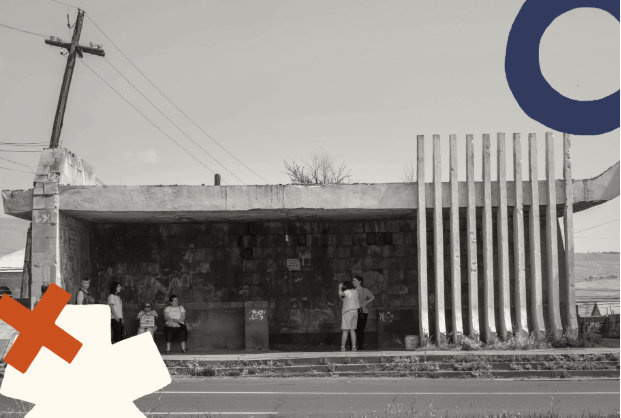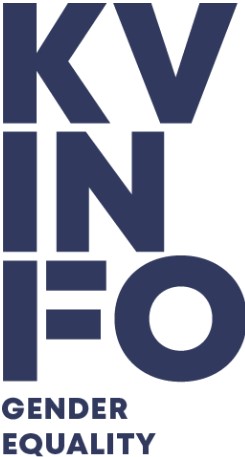Where we work
Armenia

WORKING FOR GENDER JUSTICE INTERNATIONALLY
In addition to Armenia, KVINFO works in Moldova, Ukraine, Morocco, Tunisia, Egypt, and Jordan.
Click on one of the countries above to read more about our work.
WHY WE WORK IN ARMENIA
In Armenia, domestic violence, discrimination against individuals with disabilities, and violence and discrimination against people based on their sexual orientation and gender identity are reported as areas of concern in Human Rights Watch 2025 World Report. While Armenia strengthened its prevention of domestic violence law in 2024 and thereby took important steps in addressing gaps in protection and accountability measures, the country is yet to ratify the Council of Europe Convention on preventing and combating violence against women and domestic violence (Istanbul Convention).
Stereotypes about women’s roles in politics continue to persist in Armenia. The European Union’s Country Gender Profile of Armenia in 2024 shows that women’s involvement in politics is still relatively low, despite a significant increase in the number of parliamentary seats they hold, which went up from 9.9 percent in 2017 to 35.5 percent in 2023. Gender norms and stereotypes also affect women’s participation in the labour market. According to the World Bank, the female labour force participation rate in Armenia stood at 50.3 percent in 2023. A significant factor contributing to women’s relatively low representation in the labour market is their involvement in unpaid domestic tasks, reflecting dominant gender norms and stereotypes, with men being viewed as the main earners and leaders of the household, whereas women are seen as responsible for managing the home.
The most extreme expression of entrenched gender norms and stereotypes in Armenia is the persistence of gender-based violence (GBV). According to data from the Statistical Committee of the Republic of Armenia, lifetime prevalence of domestic violence among ever partnered women aged 15-59 was recorded at 17.7 percent in 2021, with slightly higher incidence reported in rural areas. Underreporting of GBV is common, likely leading to an underestimation of the real dimensions of GBV in Armenia. Challenging gender stereotypes and norms is important in order to prevent and combat GBV and to promote gender equality and inclusion in the Armenian society.
WHAT WE DO
Together with local partners we address issues related to gender-based violence and gender just legislation and policies that ensure women’s equality and an inclusive society without gender discrimination. Moreover, we work on challenging gender stereotypes and norms among both rights holders and duty bearers, including those affecting LGBTIQ+ individuals, minorities, and people with disabilities. In collaboration with partners, we also produce knowledge on relevant issues which is used for evidence-based advocacy to eliminate harmful practices.
Examples of work with local partners include:
- Preventing and combating gender-based violence by raising public awareness
- Advocacy for gender justice in law reform and effective implementation of legislation
- Capacity building of public service providers, such as social workers, medical staff, psychologists and other groups
- Support locally formed girls’ and women’s rights groups
WHO WE WORK WITH
In Armenia, KVINFO works with well-established women’s human rights organisations with broad outreach, strong networks, and grass roots understanding of local issues that they can use for local, regional and national campaign and advocacy work. Moreover, the organisations have proven experience and results in influencing legislative and political actors and processes as well as engaging civil society for strengthened gender justice.

